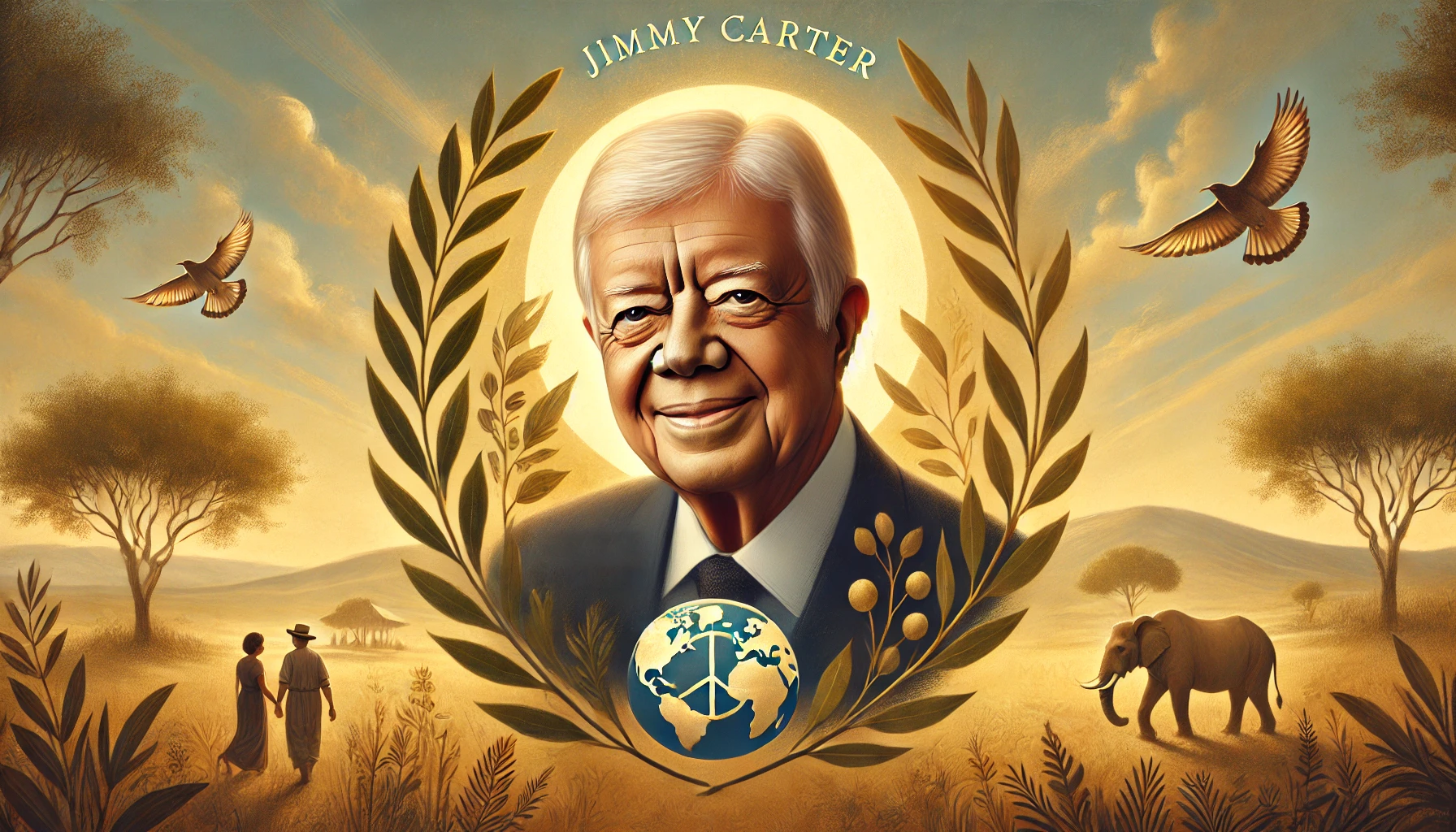Jimmy Carter, the 39th President of the United States, was a figure of profound integrity, humility, and compassion. His passing marks the end of an era, but his legacy continues to inspire millions. As a statesman, humanitarian, and advocate for peace, Carter exemplified the power of leadership rooted in empathy and service. This memoir celebrates his life and achievements, reflecting on a man who turned his presidency into a launchpad for global impact.
Early Life and Humble Beginnings
Born in Plains, Georgia, in 1924, Jimmy Carter grew up in a modest rural environment that shaped his values. He was the first U.S. president to be born in a hospital, signaling the dawn of a new era. His upbringing instilled in him a strong work ethic, a deep faith, and a commitment to justice and fairness. From his time as a naval officer to his stewardship of the family peanut farm, Carter demonstrated resilience and adaptability.
Childhood Lessons That Shaped His Leadership
- Empathy: Growing up during the Great Depression, Carter developed a deep understanding of struggles faced by everyday Americans.
- Responsibility: Managing the family farm taught him discipline and accountability.
Presidential Years: A Vision of Change
Elected in 1976, Jimmy Carter’s presidency was defined by his pursuit of transparency and moral governance. Despite economic challenges, his administration made notable strides in diplomacy and domestic policy.
Key Achievements During His Presidency
- Camp David Accords: Carter brokered a historic peace agreement between Egypt and Israel, a testament to his diplomatic skill.
- Energy Reforms: He championed renewable energy and emphasized conservation long before they became mainstream issues.
- Human Rights Advocacy: Carter prioritized human rights, redefining the role of the U.S. on the global stage.
The Carter Center: A Beacon of Hope
After leaving the White House, Carter’s impact only grew. He established The Carter Center in 1982, a nonprofit dedicated to advancing human rights and alleviating suffering worldwide. This transition from politics to humanitarianism showcased his true calling.
The Carter Center’s Impact
- Eradication of Disease: Leading efforts to combat diseases like Guinea worm disease and malaria.
- Election Monitoring: Promoting democracy by observing over 100 elections in 39 countries.
- Conflict Resolution: Mediating disputes in war-torn regions.
A Nobel Peace Prize Winner
In 2002, Carter was awarded the Nobel Peace Prize for his lifelong dedication to peace and human rights. This honor cemented his status as one of the world’s foremost advocates for justice and compassion.
A Legacy of Faith and Service
Faith played a central role in Carter’s life. As a devout Christian, he taught Sunday school well into his 90s, exemplifying the principle of servant leadership. His faith inspired his commitment to equality, environmental stewardship, and global solidarity.
Inspirational Humanitarian Efforts
Carter’s hands-on involvement in Habitat for Humanity symbolized his belief in dignity through work. Building homes for those in need, even into his later years, reflected his lifelong mantra: “Faith without works is dead.”
Why His Humanitarianism Mattered
- It bridged divides, fostering understanding across cultures and religions.
- It set a precedent for post-presidency contributions.
The Lasting Impact of Jimmy Carter
Jimmy Carter’s life serves as a powerful reminder that leadership is not about wielding power but about empowering others. His work transcends partisan politics, focusing instead on universal values of decency and hope.
Lessons from Carter’s Life
- Integrity in Leadership: Staying true to one’s principles, even in adversity.
- Global Perspective: Viewing challenges as interconnected and prioritizing collaborative solutions.
Celebrating the Life of Jimmy Carter
Jimmy Carter’s journey from a small-town farmer to a global humanitarian is a story of dedication, compassion, and unwavering faith. As we reflect on his life, we are reminded of the profound impact one individual can have on the world. His example will continue to guide future generations in the pursuit of justice, peace, and equality.



